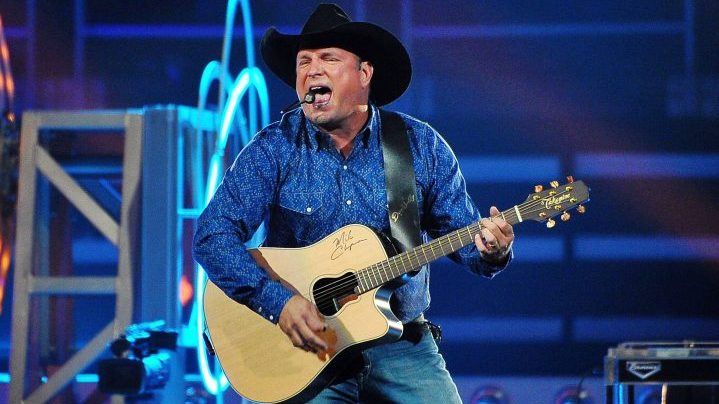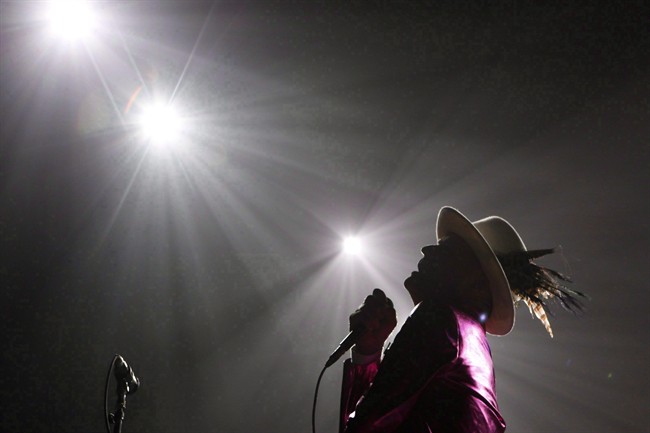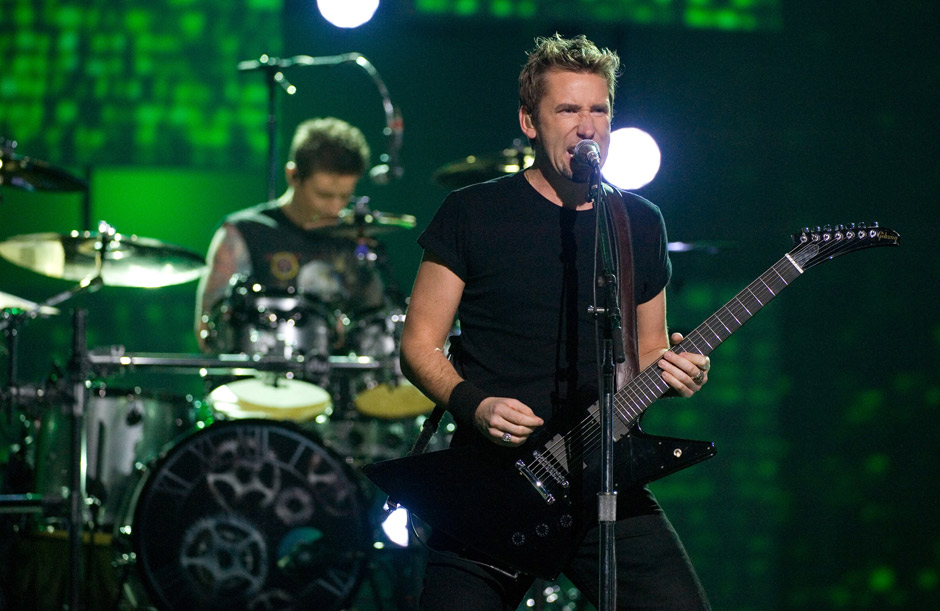While the Predators fell short of capturing the Stanley Cup, the 2017 NHL playoffs were certainly Nashville’s coming out party as a hockey market.

Perhaps that “Smashville” passion was most evident in the fact that so many fans were willing to fork out vast sums of money just to watch their team in the finals. In fact, according to one online ticket marketplace, the average finals ticket price in Nashville was $2,554, with reports of some fans paying several times that. Of course, that’s all far beyond the actual face value of the tickets.
In the minds of some, however, those delighted Tennessee hockey fans were actually in desperate need of government coming to their rescue.
Should Toronto or Ottawa someday find themselves in the Stanley Cup finals, the Ontario government will make sure no such scenario presents itself. New legislation will be introduced this fall to ban automated ticket purchasing software — or “bots” — and also limit the resale price of a ticket to 50 per cent of its face value.
The government claims they are “making ticket buying fairer.”
Beyond these empty populist platitudes, there are numerous problems with this plan.
WATCH: Proposed Ontario law aims to stop scalping bots, soaring ticket prices

First and foremost, there’s been little evidence produced demonstrating the extent of the bot problem. This was a popular scapegoat last year when tickets for the Tragically Hip tour quickly sold out and many ended up for resale online. But exactly how many were purchased with this technology? No one is really sure.

Get daily National news
Artists, promoters, and ticket vendors are not exactly forthcoming about the problem or what they’re doing to combat it. And there’s much they can do, if they so choose. Technology can force would-be purchasers to prove that they’re not a bot — technology widely used in e-commerce. Purchasers can be also required to produce the credit card that was used to buy the ticket before entering the event. And so on.
Perhaps there’s a reluctance to do this. After all, what merchant would say no to a handful of buyers offering to purchase all of his wares? If those buyers planned to resell those items for a profit, the merchant might want to reconsider whether his prices are too low.
Frankly, though, not every concert is going to be a sellout and not every ticket represents a potential resale windfall.
For example, as of this writing, there are ample tickets still available for Nickelback’s September show in Calgary — many for under $40. The prices for those tickets are virtually identical on the resale website StubHub. So why haven’t bots scooped them all up, and why aren’t they being sold for hundreds or thousands of dollars?
It all comes down to supply and demand. High demand can be offset with added supply – specifically, added shows, as Garth Brooks often does.
Alternatively, keeping prices higher for big shows – better reflecting the true market value – takes away the incentive to resell on the secondary market.

Having tickets available on a secondary market, however, can actually be a real equalizer for consumers. Not everyone can be at their computer refreshing the site repeatedly the minute tickets go on sale. Being able to purchase at one’s convenience on a resale website provides the opportunity for people to attend those sold-out shows or events — if they feel it’s worth the money. Obviously many do.
Moreover, if we’re to believe that too many sporting events and concerts are priced out of the reach of the average fan, resale markets can offset that. That Taylor Swift ticket too pricey for you? Buy two and resell one for a profit. That hockey ticket out of your price range? Buy season tickets or a multi-game pack, attend a game or two, and resell the rest for a profit. NHL teams actually make it easy to do so. They’ve partnered with Ticketmaster to run their own resale sites and ensure they get a cut of the action.
It’s not clear that there’s a problem here for government to solve, and insofar as problems might exist, they can easily be addressed by industry. Additional state intervention might only serve to push this marketplace back underground.
Rob Breakenridge is host of “Afternoons with Rob Breakenridge” on Calgary’s NewsTalk 770 and a commentator for Global News.



















Comments